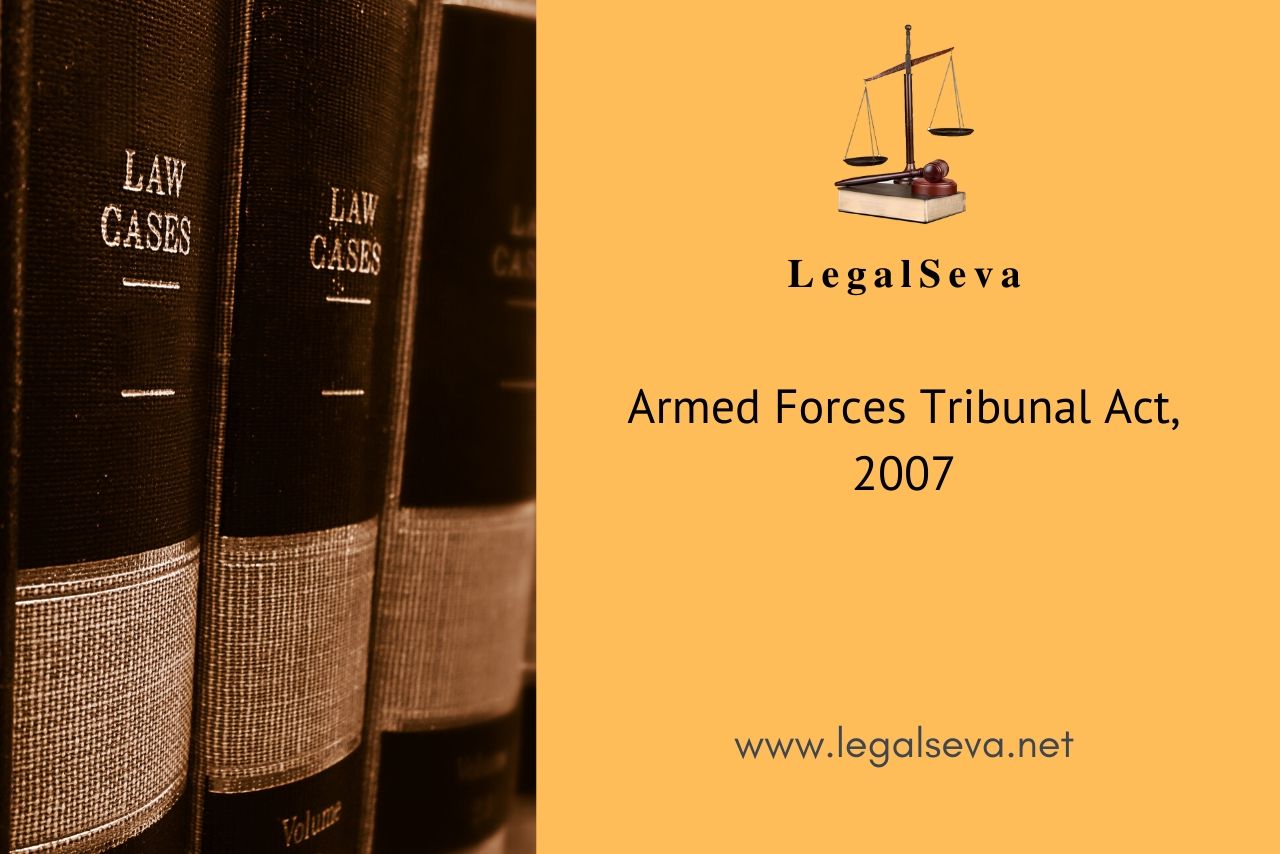Last Updated on June 15, 2024 by Satish Mishra
The Armed Forces Tribunal Act was introduced in the Parliament in December 2005 and was given the final nod by the President on 25th December 2007. This was one of the most significant steps in the history as the act provided for the set up of a tribunal to entertain cases related to armed forces. The Union Cabinet has created 31 posts including that of one chairperson and other 29 members. The chairperson had to be either a former judge of Supreme court or a retired Chief Justice of the High court and the other administrative members will be from the armed forces of the country. Total of 15 benches would be created across the country with the principle bench in Delhi. It is the military tribunal in India and provides for Redressal forum of three armed personnel.
Also Read- AFT CHANDIGARH/ CHANDIMANDIR
After the formation of the tribunal all the cases related to army, navy and air force will be transferred to the tribunal. Further appeals lay to the Supreme court and the cases will be decided according to the principle of natural justice. Its jurisdiction will lay on all service matters of army, navy and air force expect those relating to transfers and postings, removal of a person under the service by President’s pleasure. Retired persons and their dependents can also approach the tribunal relating to service issues. The jurisdiction of Armed forces tribunal however does not include the paramilitary forces.
Also Read- WHY PENSION RULES FOR LOC AND LAC VARY?
It is a court of appeal for Court Martial and hears appeals against any order of that court. AFT is taken to be a criminal court according to the provisions of IPC and Code of criminal procedure. Hence, it has all the powers as that of a criminal court. AFT is sometimes regarded as a toothless tiger, ie a tribunal having power but no implementation of its decisions. It has got only the criminal contempt power and not the civil contempt power, due to which its power is restricted and it cannot implement its orders and decisions. A bill is pending before the Parliament to give wider powers to the AFT.
Also Read- WAR INJURY PENSION ARREARS ALLOWED BY AFT TRIBUNAL
Currently, the Armed forces tribunal is under the Ministry of Defence, but it has been proposed that it will be placed under Department of legal affairs soon. The primary reason behind this, it that the defence ministry could influence the decisions of AFT and hence effect its decisions and powers. Hence, it is recommended to place it under a separate independent ministry to regulate its functioning and independence.
Also Read- AFT TRIBUNAL ADVOCATES AND LAWYERS IN CHANDIGARH PANCHKULA AND MOHALI
The Armed Forces Tribunal (Amendment) Bill, 2012 proposes to make the following amendments:
- Increase the stability of tenure of members by increasing their duration to 5 years from 4 years.
- Increase the retirement age from 65 years to 67 years.
- To increase the power of AFT with civil contempt power also so that its decisions could be implemented.
AFT is thus an important tribunal for the betterment of justice and for hearing cases related to personnel of armed forces, so that speedy justice could be given to those aggrieved.
Also Read- SERVICE MATTERS IN LABOUR COURT, CAT TRIBUNAL AND HIGH COURT
For any subject specific advice please dial 99888-17966 and say LegalSeva. This post is written by Amisha Bansal student of BA LLB Rajasthan University (2017-2022).
